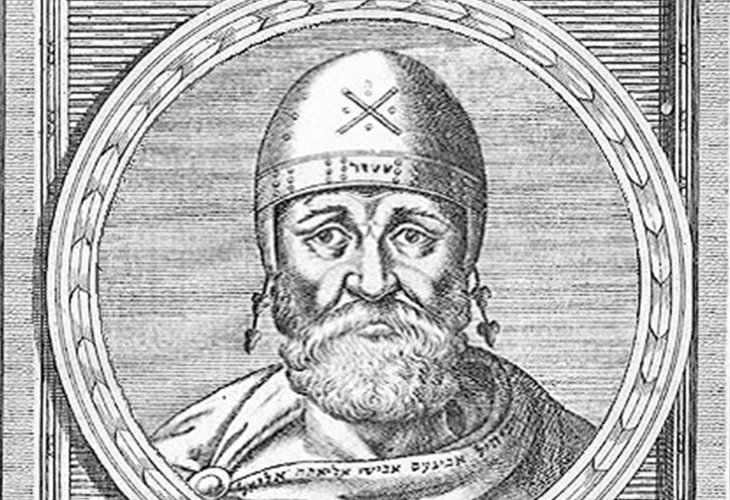Torah Personalities
Philo of Alexandria: The Forgotten Jewish Philosopher Who Faced Down a Mad Emperor
Born into nobility, Philo blended Torah with Greek philosophy and risked his life to save his people from the wrath of Rome.
 Philo of Alexandria
Philo of AlexandriaA Jewish Scholar in a Greek World
Philo of Alexandria was a brilliant Jewish philosopher and Torah scholar who lived over 2,100 years ago, during the lifetime of Hillel the Elder. His Hebrew name was Yedidia, and some referred to him as “Yedidia the Alexandrian.” In Greek, “Philo” means “friend,” as in philosophy—“friend of wisdom.”
According to the historian Josephus, Philo was a kohen (priest) descended from the Hasmonean dynasty, born into a prominent Jewish family in Alexandria that had been granted Roman citizenship by Julius Caesar. Though he didn’t speak Hebrew, Philo was deeply rooted in Jewish tradition and read the Torah in Greek, as was customary in the great synagogue of Alexandria. The sages even permitted the public reading of the Torah in Greek, drawing on the verse: “May Hashem enlarge Japheth, and may he dwell in the tents of Shem” (Bereishit 9:27), suggesting that the beauty of Greek culture could reside within the tents of Torah.
Bridging Torah and Greek Thought
Philo was also steeped in Greek philosophy, and he sought to explain the Torah through a Greek intellectual lens. Some of his teachings echoed rabbinic thought. For example, the idea that a slave’s ear is pierced because it heard “Do not steal” at Mount Sinai, famously taught by Rabban Yochanan ben Zakkai, also appears in Philo’s writings, likely reflecting shared traditions from Jewish scholars of his time.
While Philo’s philosophical approach was not embraced by the rabbinic mainstream, his actions spoke volumes. In the year 40 CE, thirty years before the destruction of the Second Temple, Roman Emperor Caligula, infamous for his insanity and megalomania (he once appointed his horse as a consul), decreed that a statue of himself be erected in the Jewish synagogue of Alexandria. The Jewish community was devastated.
Philo rallied five elders from the Alexandrian community and led a delegation to Rome. When Caligula heard why they had come, he flew into a rage and expelled them from the city before granting them an audience. Turning to his companions, Philo said, “We have done our part, now Hashem will do His.” True to his words, Caligula was assassinated just months later, and his decree was nullified.
A Lasting Legacy
Though the rabbis of the Talmud did not adopt his teachings, Philo’s blend of Jewish and Greek thought left a profound impact on the intellectual world. His courage in standing up to imperial tyranny saved his community, and his influence continues today. In Israel’s Chefer Valley, the village of Kfar Yedidia bears his Hebrew name, a tribute to the scholar from Alexandria whose wisdom and bravery are still remembered.

